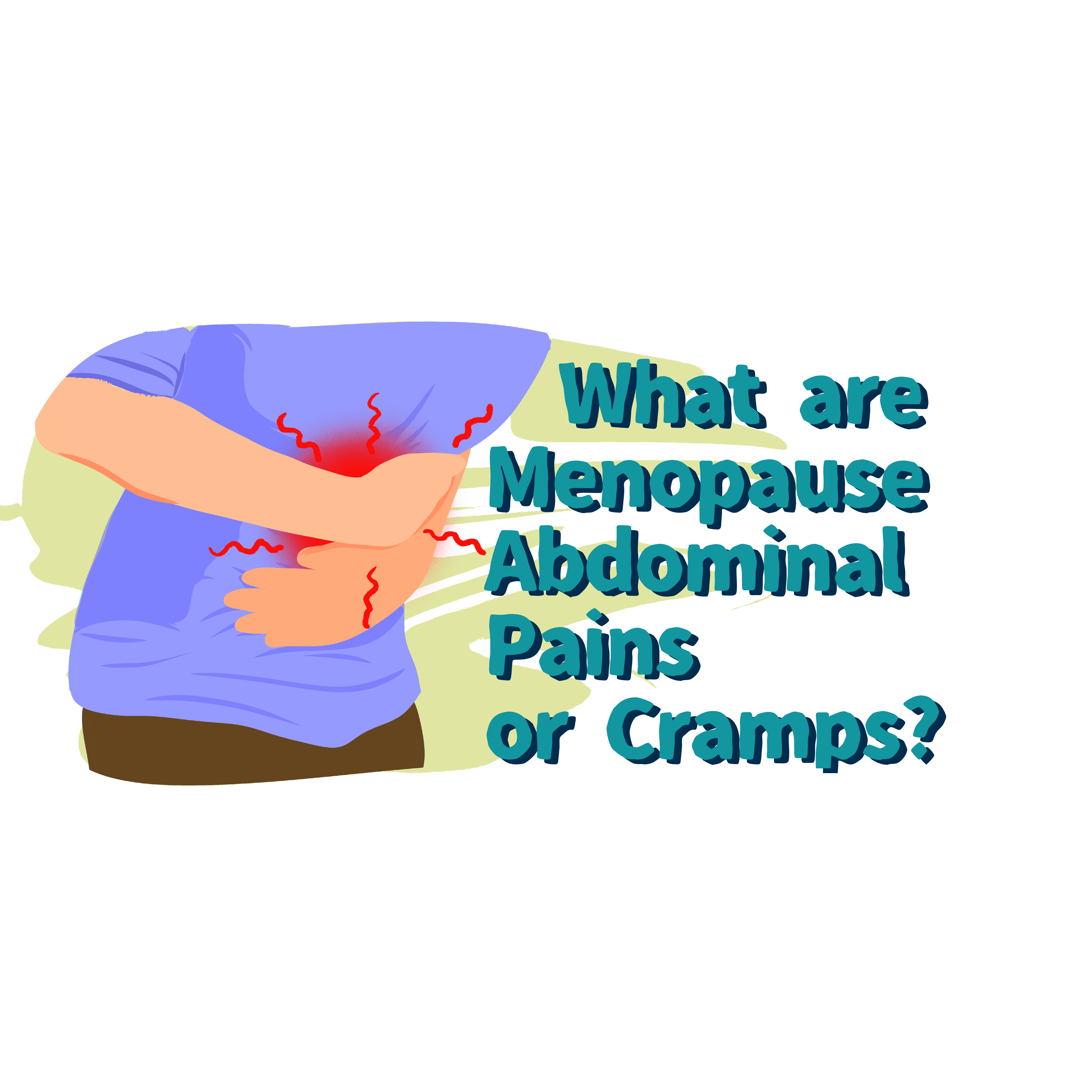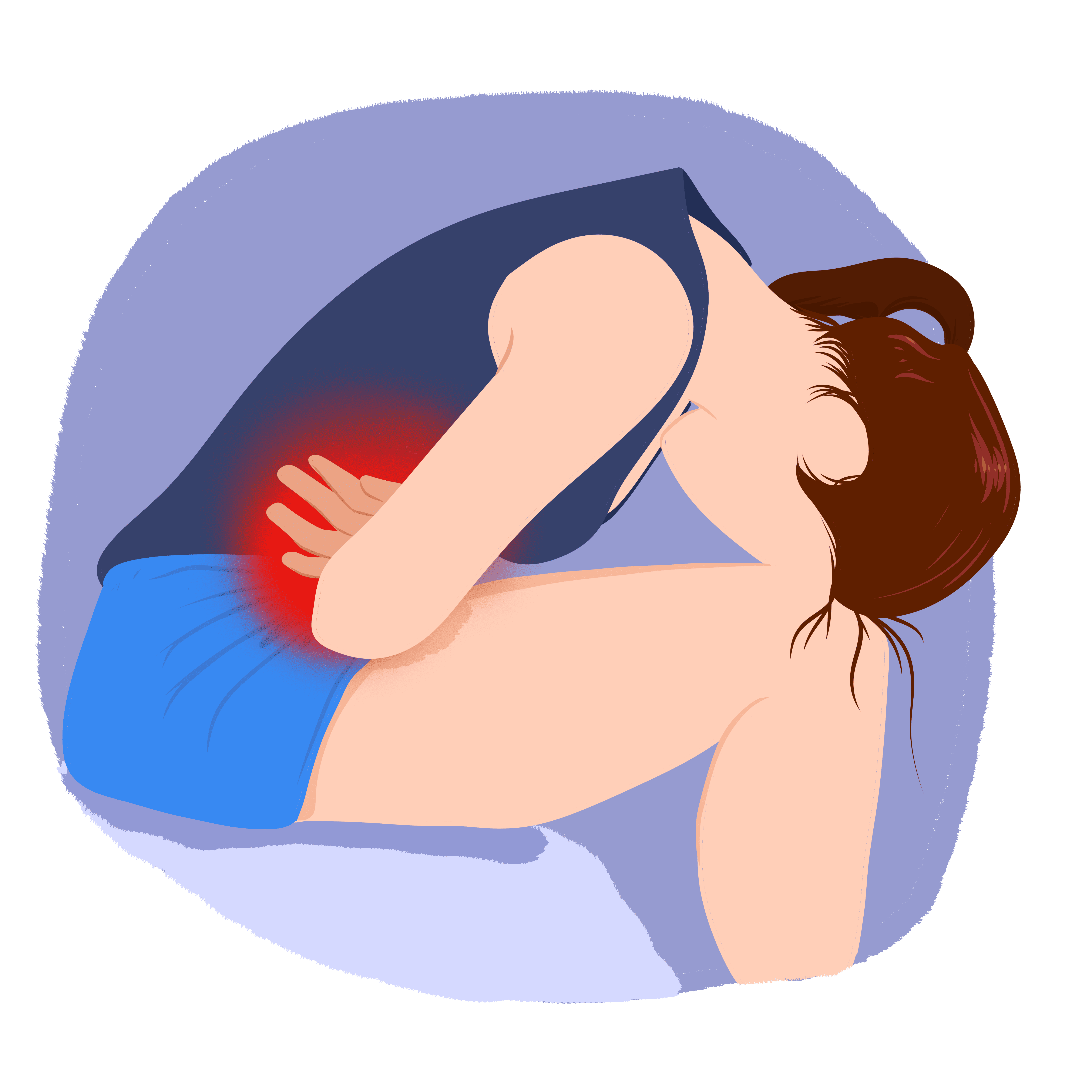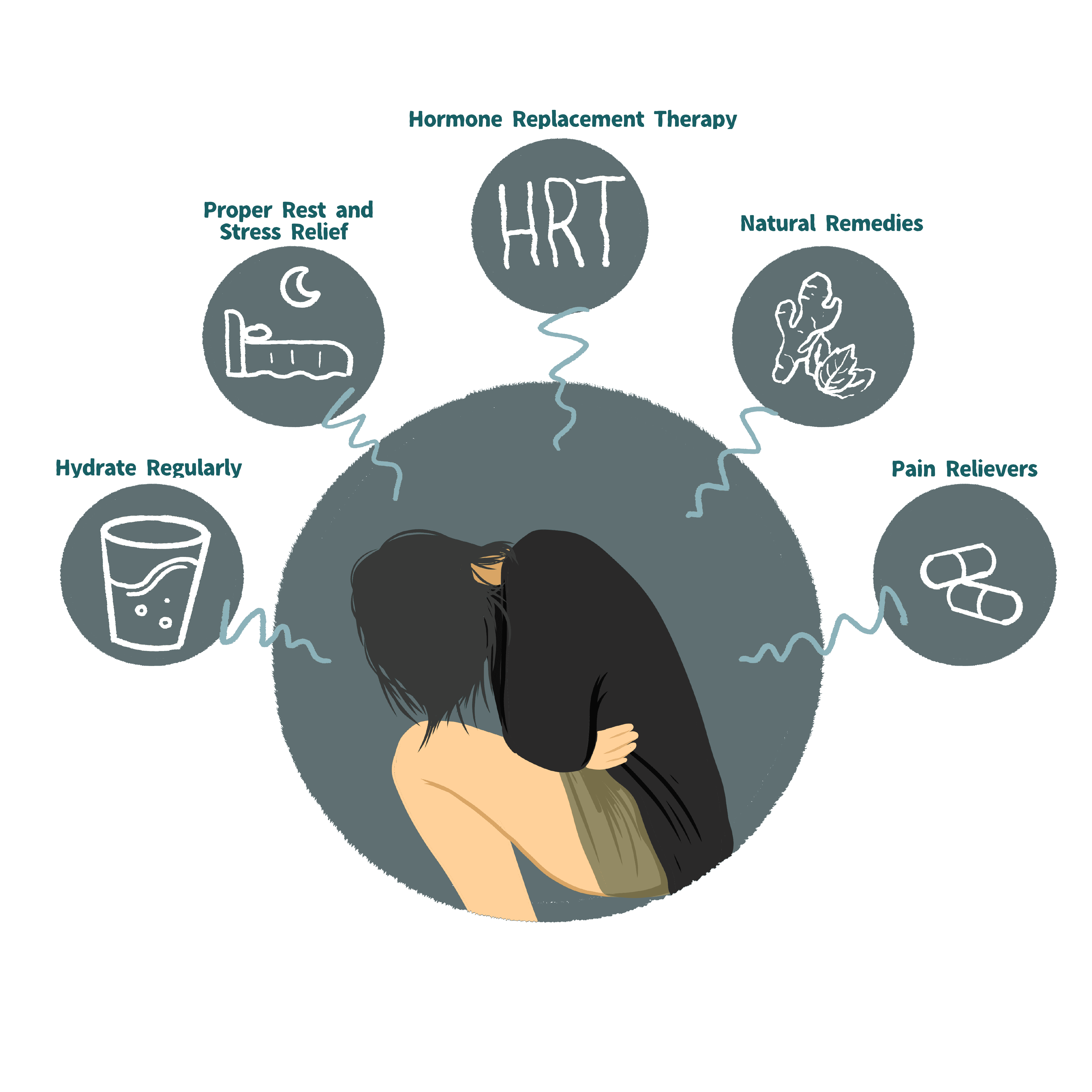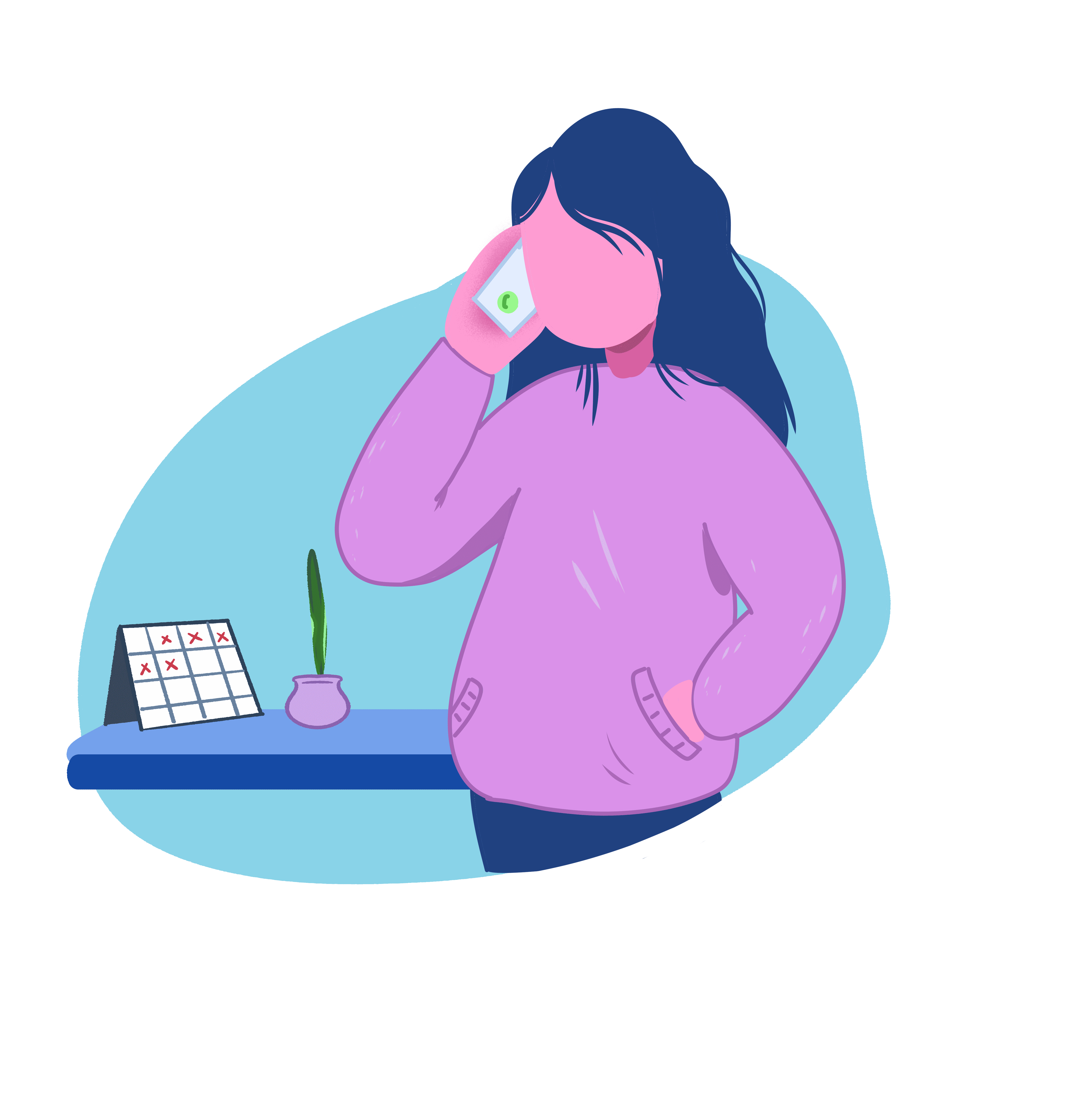Abdominal pains and cramps are common symptoms during menopausal stages and are often related to the decline in oestrogen or hormonal levels of a woman. It could be characterised by sharp pain and discomfort in the stomach and in the lower abdominal or pelvic region for some.
This symptom can be linked to gastrointestinal issues (GI), endometriosis, and uterine fibroids. HRT can be a good option for treating this symptom but you must check first with your physician to have a more profound look on your condition. Read on to know more about this menopausal symptom.
What are Menopause Abdominal Pains or Cramps?
Menopause abdominal pains or period pains, officially recognized as ‘menopausal cramps’, are a typical symptom reported by women going through menopause. The primary reason for these pains is thought to be the varying levels of oestrogen and progesterone, which have an impact on the uterus and the structures around it. These cramps, which cause discomfort and suffering in the lower abdomen, are comparable to those experienced during menstruation but occur throughout the menopausal transition.
These cramps are often described such as stomach pain, lower abdominal pains, and period pains during the menopausal stage. It may feel like a dull ache or a severe cramp that spreads across your entire abdomen or concentrates in the lower pelvic area. It could be temporary or a long-term dweller, and occasionally it even exhibits a periodic pattern similar to your own. In addition to bowel disturbances, bloating, gas, nausea, and vomiting, unexpected vaginal bleeding may cause further worries. It could also signify an underlying condition such as fibroids, endometriosis, or gastrointestinal issues(GI).
Abdominal cramps are just one example of the physical symptoms that the body experiences throughout menopause as it adjusts to the new hormonal balance. This information paves the way for a more thorough understanding of the underlying hormonal changes that cause menopausal discomforts.






